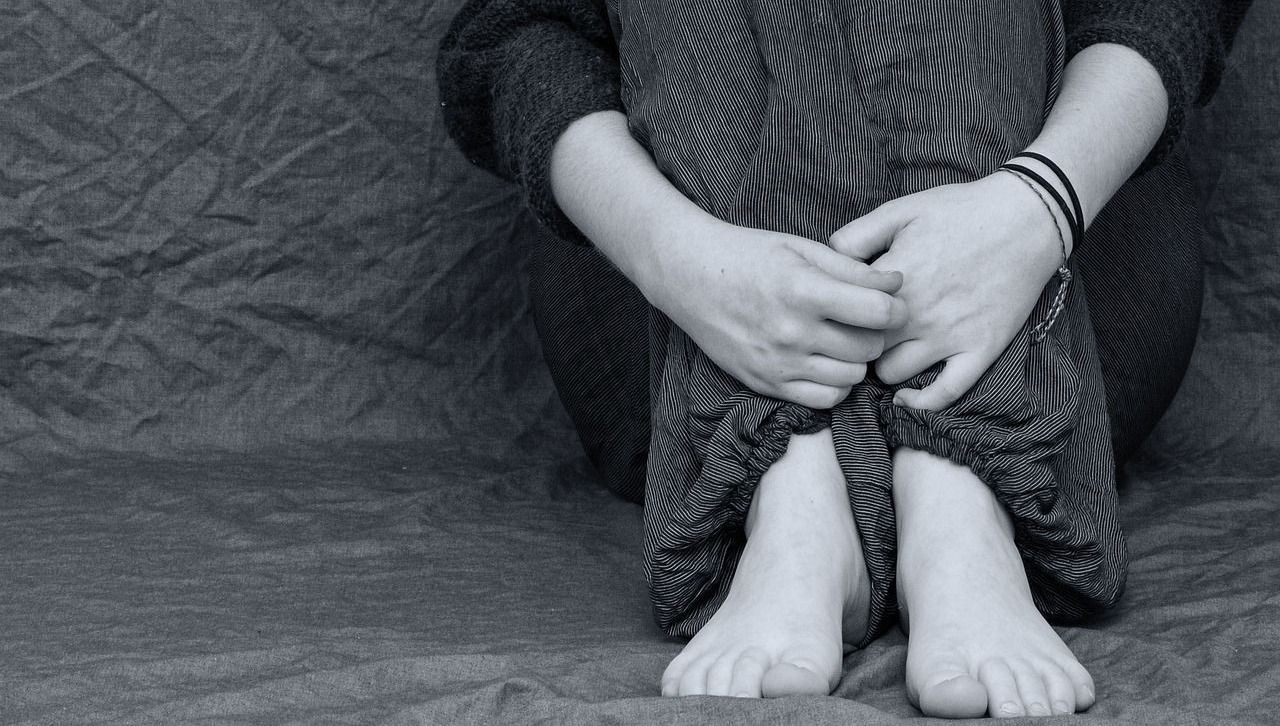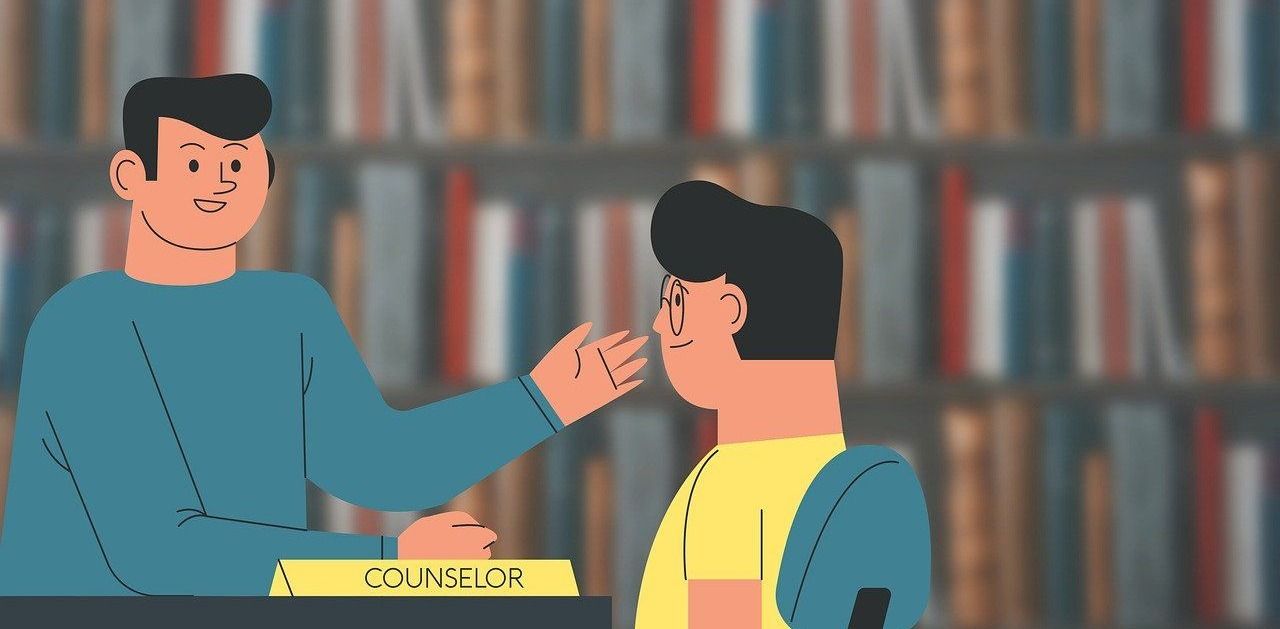Coping with Bereavement and Grief Advice and Support
Understanding bereavement and its emotional impact is essential for coping with loss. Respect your own grieving style & provide support to others navigating their process. Seek help, practice self-care, connect with those who understand & take care of legal matters during bereavement.

Losing someone we love is an inevitable part of life, but it doesn’t make the grieving process any less challenging. How do we navigate the emotional turmoil and practical aspects of bereavement? How can we support others who are grieving? In this post, we’ll explore the complexities of grief and bereavement, and discover coping strategies, ways to help others, and the importance of self-care during this difficult time.
Short Summary
Understanding bereavement and its emotional impact is essential for coping with loss.
Respect your own grieving style & provide support to others navigating their process.
Seek help, practice self-care, connect with those who understand & take care of legal matters during bereavement.
Bereavement is an intensely personal experience that occurs after the loss of a loved one. The emotional impact of bereavement can vary greatly, but it’s important to remember there’s no right or wrong way to grieve. Grief is a normal response to loss, and it can manifest in different ways depending on the individual and their relationship with the deceased. While everyone may experience bereavement differently, seeking support from grief counseling, support groups, and loved ones is essential during this difficult time.
Grieving can result from various losses, such as:
The passing of a loved one
Relocating
Graduating college
Changing jobs
Understanding the different types of grief and the emotions they might evoke, such as anticipatory grief or disenfranchised grief, can help us better cope with our own bereavement journey and support others in theirs.
What is Bereavement?

Bereavement refers to the period of mourning and grief following a person’s death, a person who died. Grief is a natural reaction to losing someone close to us, and the grieving process is unique to each individual. Mourning is the process of coming to terms with a major loss, and it’s essential that we allow ourselves and others the space to grieve in their own way.
It’s also crucial to be open and honest with children about death and bereavement, providing support and guidance as they navigate their own grieving process.
The emotional impact of bereavement can vary greatly, depending on the individual’s relationship with the deceased and their personal coping mechanisms.
Emotions Felt During a Loss

Common emotions experienced during a loss include:
Sadness
Anger
Guilt
Disbelief
These emotions can lead to social withdrawal, isolation, and conflict due to different grieving styles.
Acknowledging and processing these emotions is crucial to healing and moving forward after a significant loss.
The Grieving Process is Unique to each Individual

The grieving process is unique to each individual, and there’s no standard timeline for experiencing grief. It’s important to recognize that our own grieving process, as well as the processes of those around us, may be influenced by personal and cultural factors. The roller coaster analogy for the grieving process is an apt description – there are highs and lows, with difficult times becoming less intense and shorter as time passes. Confronting and actively handling our grief is key to achieving true healing.
Understanding that there are different grieving styles can help us respect and honor our own grieving process, as well as provide support to others who may be grieving differently. Cultural influences on grieving can also play a significant role in how we experience and process bereavement, making it all the more important to educate ourselves on these factors and their impact on the grieving process. Caregiver Relief has created the After Life Grief Course to help you navigate your feelings of grief and loss.
Personal Grieving Styles

Each person grieves differently, and it’s important to respect and honor one’s own grieving style. Intuitive grievers typically cope by exploring and processing feelings, while instrumental grievers experience their grief more cognitively and physically.
Cultural Influences on Grieving
Different cultures have unique customs and rituals surrounding grief and bereavement, which can impact the grieving process. These cultural practices can provide solace and comfort during difficult times, but they may also create challenges for those trying to navigate their own grieving process within a different cultural context.
Understanding and respecting the cultural practices of others can create a more supportive and empathetic environment for everyone experiencing grief and bereavement.
Recognizing Symptoms of Grief and Bereavement
Grief can manifest in various emotional and physical symptoms, and recognizing these can help in seeking appropriate support and coping strategies. As people experience grief, the five stages of bereavement or grief, although not experienced by everyone in the same order or intensity, provide a useful framework for understanding common emotions during the grieving process.
Denial
Anger
Bargaining
Depression
Acceptance
It’s important to recognize that these stages are not a linear progression and that individuals may move back and forth through them as they process their grief. While grief can be overwhelming and all encompassing, it will eventually become less intense with time.
Common Emotional symptoms of grief can range from:
Sadness
Anger
Guilt
Disbelief
Anxiety attacks
Chronic fatigue
Depression
Thoughts of suicide
It’s crucial to acknowledge and address these emotional symptoms, seeking professional help if necessary. Doing so can prevent further complications and support the healing process.
Grief can also cause physical symptoms such as:

Aches and pains
Headaches
Chest pains
Exhaustion
Trouble sleeping
Oversensitivity to noise
Difficulty breathing
Feeling very tired and weak
A lack of energy
Dry mouth
An increase or decrease in appetite
Recognizing these physical symptoms and seeking appropriate support and self-care measures can help alleviate the impact of grief on our overall well-being, including addressing potential physical problems.
Coping Strategies for Grief and Bereavement
Coping with grief and bereavement can be challenging, but there are various ways to ease the process, including seeking professional help, practicing self-care, and connecting with others who are going through similar experiences. The type of coping strategy that works best for an individual will depend on their personal grieving style, cultural background, and the nature of the loss they have experienced.
There is no right or wrong way to grieve
It’s essential to remember that there’s no right or wrong way to grieve, and it’s important to be patient with others and ourselves as we navigate the grieving process. By utilizing a combination of coping strategies and seeking support from friends, family, and professionals, we can find comfort and healing during a difficult time.
Seeking Professional Help

Professional support, such as therapy or counseling, can be beneficial in navigating the grieving process.
Through counseling, individuals can receive:
Guidance and resources to help them work through their emotions
Coping strategies to deal with their loss
Support in adjusting to significant changes in their lives
One option for accessing professional help is through free talking therapies, such as cognitive behavioral therapy (CBT), available on the NHS.
Self-Care Practices
Taking care of one’s physical and mental health is crucial during the grieving process. Maintaining a healthy lifestyle through regular exercise, eating nutritious meals, and getting enough rest can help manage the emotional and physical stress of bereavement.
Additionally, engaging in activities that bring comfort, such as spending time with loved ones or participating in hobbies and interests, can provide a sense of normalcy and solace during such a challenging time.
Connecting with Others

Reaching out to close friends, family, or support groups can provide valuable emotional support and understanding during the grieving process. Connecting with others who are going through similar experiences, including a family member, can offer a sense of community and validation in knowing that you’re not alone in your grief.
Support groups can also provide a secure environment to share emotions and stories with others in similar circumstances, as well as education and resources about coping with grief and bereavement.
When supporting someone who is grieving, it’s important to:

Offer emotional support
Provide practical assistance
Encourage them to prioritize self-care
Suggest seeking professional help if needed
By being there for someone who’s grieving and really listening to them, we can provide comfort and validation during their grieving process.
It’s important to remember that each person’s grieving process is unique, and what might be helpful to one person may not be helpful to another. Being sensitive to the individual’s needs and offering specific, practical assistance can help alleviate some of the stress and burden experienced by the bereaved.
Offering Emotional Support

Listening and empathizing with the bereaved can provide comfort and validation during their grieving process. Giving them the space to talk and express their grief in whatever way they need can help them process their feelings and heal.
While it’s important to be there for the bereaved, it’s also crucial to avoid saying things that may cause additional pain or distress, such as “it was for the best” or “you’ll get over it in time”.
Helping Others Through Bereavement

Providing Practical Assistance
Offering help with daily tasks or responsibilities can alleviate some of the stress and burden experienced by the bereaved. Examples of practical assistance include:
Cooking
Cleaning
Running errands
Providing childcare
Being specific when offering help allows the bereaved to decide what type of assistance they need and when they need it.
Encouraging the bereaved to prioritize their well being and seek professional support can be beneficial in their healing process. Suggesting activities that promote self-care and stress relief, such as exercise, relaxation techniques, or spending time with people they love, can help the bereaved cope with their loss more effectively.
If the bereaved seems to be struggling with their emotions or daily functioning, gently encouraging them to seek professional help, such as counseling or support groups, may provide additional resources and guidance during their bereavement journey.
Bereavement Leave and Legal Matters

Understanding bereavement leave policies and handling legal affairs can help alleviate additional stress during the grieving process. Familiarizing oneself with bereavement leave policies can provide clarity and support during a difficult time.
Addressing legal matters related to the deceased, such as wills and estate planning, can help ensure a smoother transition for the bereaved.
Understanding Bereavement Leave
Bereavement leave is a period of time off granted to employees following the death of a loved one, typically lasting three to five days. This leave allows employees to grieve, attend the funeral, and handle other affairs related to the loss.
To access bereavement leave, it’s important to contact your employer and understand their specific policy, ensuring you follow the necessary steps to access the leave.
Handling Legal Affairs
Addressing legal matters related to the deceased, such as probate and legal procedures, inheritance and wills, and family disputes, is an essential aspect of the bereavement process. Handling these affairs can help ensure the deceased’s estate is distributed according to their wishes and alleviate potential conflicts among family members.
Being proactive in dealing with legal matters can provide peace of mind and a sense of control during an emotionally challenging time.
Grief and bereavement are complex and deeply personal experiences that we all must face at some point in our lives. Understanding the grieving process, recognizing the symptoms of grief, and implementing coping strategies can help ease the pain of loss and promote healing. By offering support to others, prioritizing self-care, and navigating legal matters, we can find solace and strength in the face of life’s most challenging moments. Remember, there’s no right or wrong way to grieve, and each person’s journey through bereavement is unique – but together, we can find comfort, understanding, and hope.
